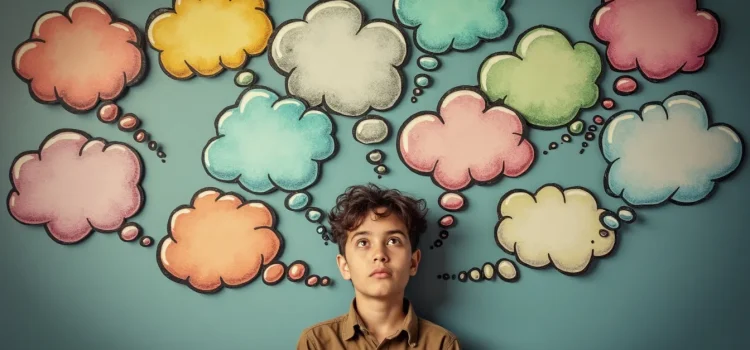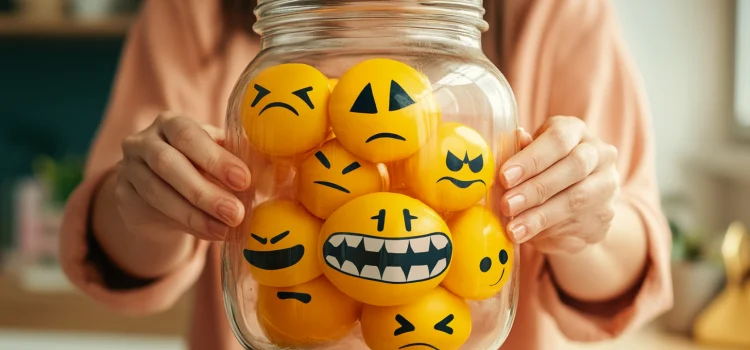Do you find yourself making assumptions only to find out later that you were wrong? What if you approached problems more like Sherlock Holmes? In Mastermind, Maria Konnikova explores how to not jump to conclusions and instead think more creatively like the famous detective. She offers insights into why we tend to make hasty decisions and assumptions and provides strategies for engaging our imagination to solve problems more effectively. Read on to discover how you can cultivate Holmes-like thinking and approach challenges with a fresh perspective.
How to Not Jump to Conclusions: Use Your Imagination










